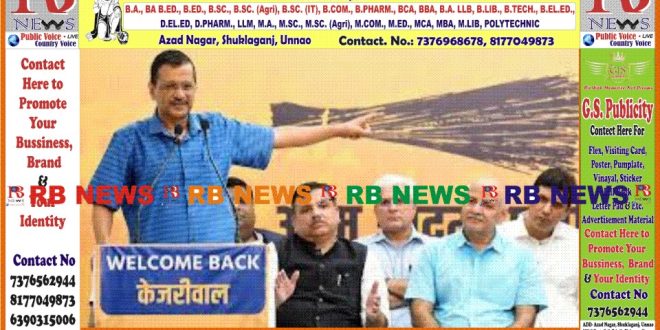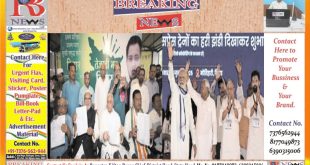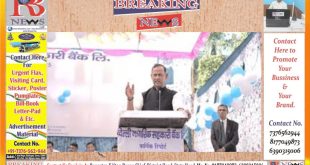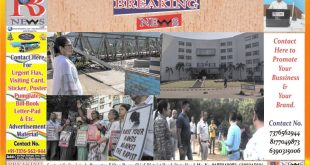New Delhi: Aam Aadmi Party (AAP) chief Arvind Kejriwal will visit the Election Commission at 11 am today and personally answer the issue of poisonous water in Yamuna. Along with Kejriwal, Punjab Chief Minister Bhagwant Mann, Delhi Chief Minister Atishi will also visit the Election Commission. The Election Commission (EC) had on Thursday asked Aam Aadmi Party convenor Arvind Kejriwal not to link the issue of increasing ammonia level in Yamuna with his allegation of making the river poisonous. Along with this, the Commission gave Kejriwal another opportunity to clarify his allegations against the Haryana government.
Dissatisfied with Kejriwal’s reply on Wednesday, the Commission asked him to give specific and clear answers about the type, quantity, nature and manner of poisoning in Yamuna and provide factual evidence.
…then the Election Commission will be free to take a decision
Kejriwal was asked to share the details of the engineer, location and methodology in the case of poison detected by Delhi Jal Board employees by 11 am on Friday. If this is not done, the Commission will be free to take appropriate decision in the matter. Kejriwal had on Wednesday responded to the Election Commission’s notice claiming that the Haryana government was “poisoning” the Yamuna river and said the water received from the state was “highly contaminated and extremely toxic” for human health.
No reason for anyone to question it
In a 14-page reply to the Election Commission, the former Delhi chief minister had said if people were allowed to drink such “poisonous water”, it would lead to serious health hazards and deaths. In its recent letter to the Aam Aadmi Party leader, the Election Commission said availability of adequate and clean water is a governance issue and all concerned governments must ensure it for the people at all times. The Commission said it sees no reason for anyone to question this stand and said it will leave this important issue to the capacity and discretion of governments and agencies and will refrain from mediating long-standing water-sharing and pollution issues during the brief election period.
 RB News World Latest News
RB News World Latest News






